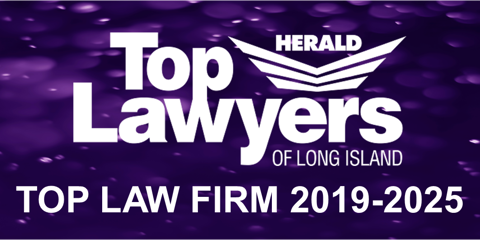On Monday, Feb. 15, 2021, the Child-Parent Security Act takes effect, paving the way to the creation of new families without the requirement of a formal adoption. Surrogacy had been previously considered against public policy and was illegal in New York State.
The Child-Parent Security Act legalizes gestational surrogacy, where a gestational carrier is pregnant with a child that is not genetically related to her. It provides a well-defined path for parents who rely on assisted reproductive technology to establish legal parental rights to their children.
In addition to legalizing gestational surrogacy, the Act regulates agreements between the intended parent(s) and the surrogate. The statute is extremely detailed and sets numerous requirements and procedures to be followed.
Prior to the passage of this new law, establishing parental rights was a particular challenge for couples in New York, who were forced to pursue surrogacy in other states, requiring travel, long-distance communications, and numerous other inconveniences.
Moreover, intended parents often had to go through a subsequent adoption, which entailed home studies and other time-consuming and intrusive practices.
Under the Child-Parent Security Act, individuals and couples wanting to create or expand their families through the use of a gestational surrogate or assisted reproductive technology have a more efficient and less intrusive path to parentage.
VMM’s Surrogacy, Adoption, and Assisted Reproduction team is happy to answer any question and assist with any need.
Meredith Chesler is an associate in VMM’s Trust and Estate Administration and Surrogacy, Adoption, and Assisted Reproduction Practices.


